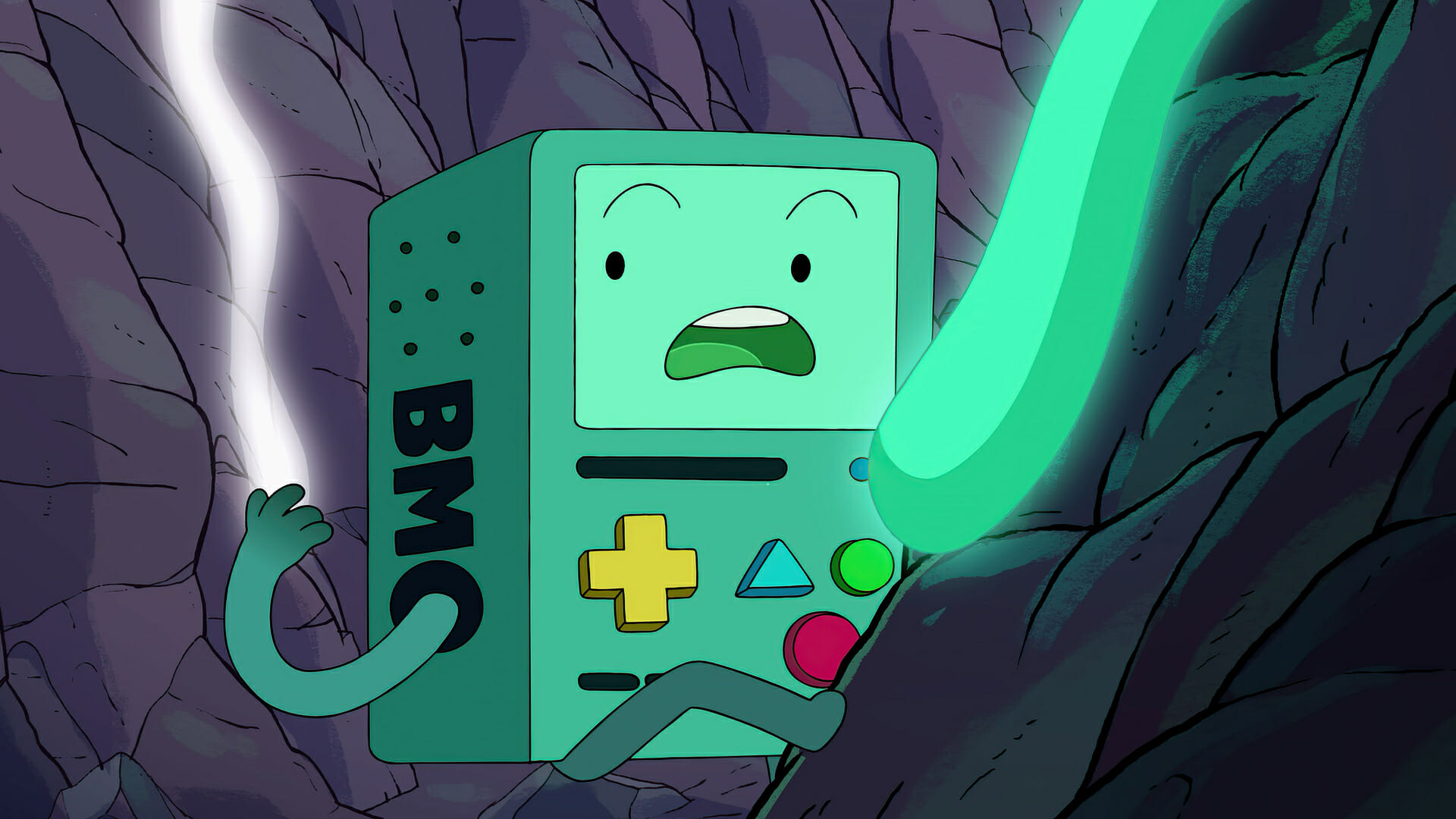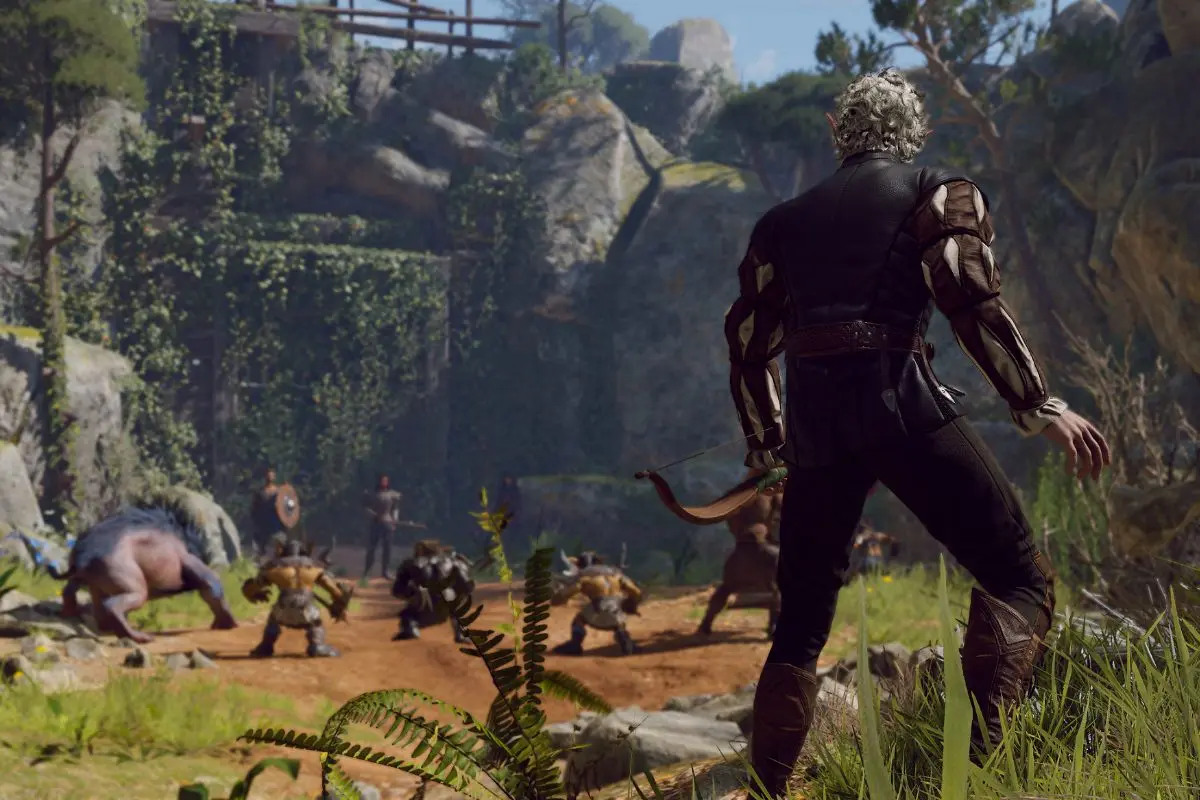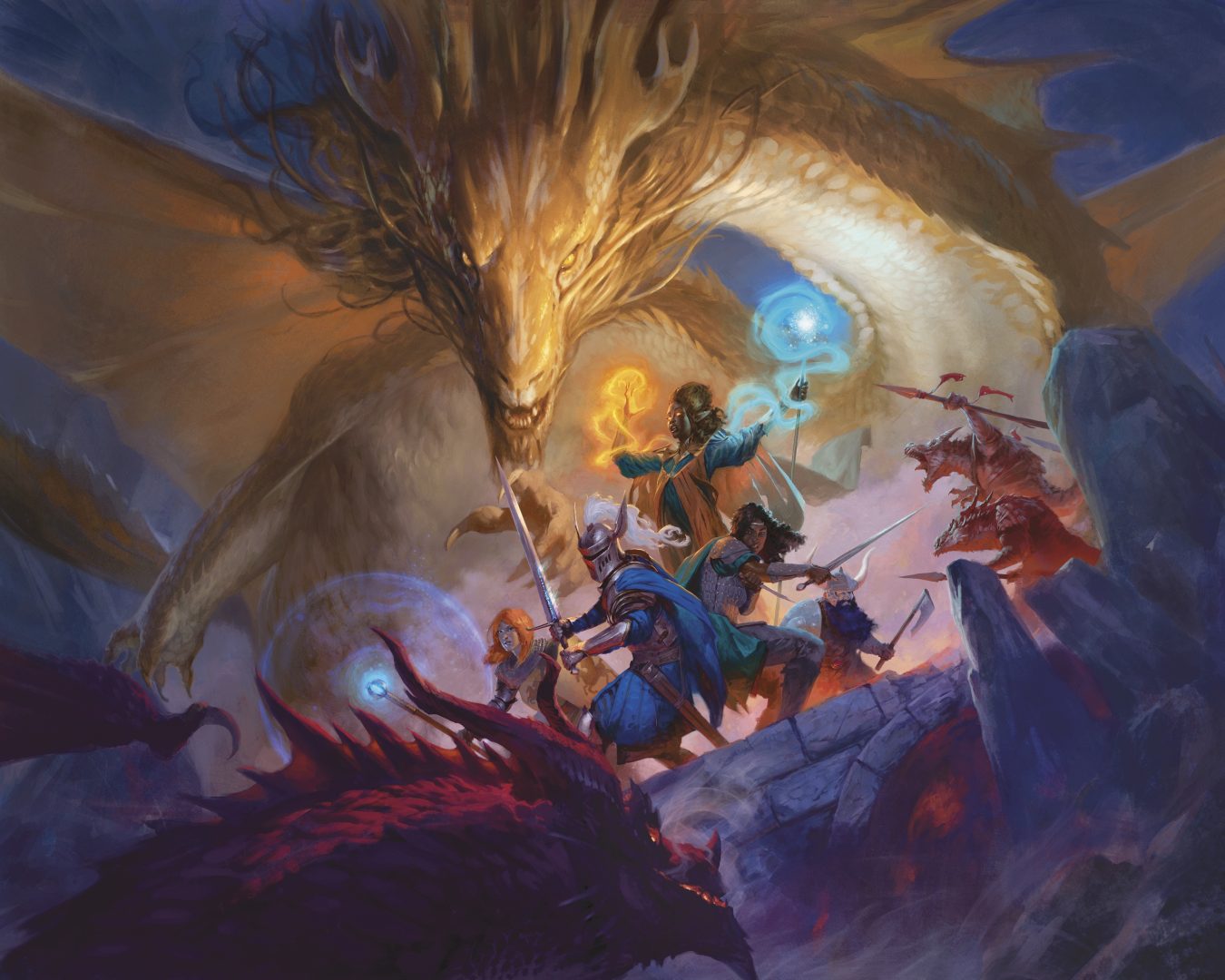
Dungeons & Dragons | Your only limit is your imagination
Dungeons & Dragons is a tabletop role-playing game in which your fate is decided by the roll of special dice. Usually set in a fantasy world, the game consists in creating unique and personalized characters that move inside of it to complete a certain mission. Players must follow the rules and indications of the player’s handbook, but they can also add their personal touch. Then, there is the fundamental figure of the Dungeon Master, who makes up the story and narrates the events. He (or she) is also the one that decides what you can and can’t do according to the Master’s Guide.
Nerd is the new cool
From E.T. and the Simpsons to Community, The Big Bang Theory and Stranger Things, the fantasy tabletop role-playing game Dungeons & Dragons (known by most as D&D or DnD) has always popped up in movies and TV shows, and recently is becoming even more popular. It inspired lots of new movies and series. Disney-Pixar’s animated movie Onward, and the famous series Adventure Time are just some examples. But there are also videogames: Baldur’s Gate is basically the transposition of D&D from the table to the console.
Once upon a time not many people played and it was just a game for nerds and geeks. Nowadays, on the contrary, it is not uncommon to see role-playing tables at comicons and fairs entirely full. The mesmerizing multiple-faced dice, the curious mini-figures and the fascinating maps seems to attract an increasing number of potential players. People are becoming more interested in this world and want to deepen their knowledge of it.
Of course, the new movie Dungeons & Dragons: Honor Among Thieves, starring among others the acclaimed actor Hugh Grant, certainly helped the cause. The film, directed by Jonathan Goldstein and John Francis Daley, came out in 2023. It portrays the mission of a party composed of a bard, a barbarian, a sorcerer and a druid. Every reference is directly linked to D&D handbook, from the features of the characters to the cities and enemies. The same goes for Amazon Prime’s animated series The Legend of Vox Machina and Netflix new anime Delicious in Dungeon.
According to Dicecove’s statistics, more than 50 million people play D&D worldwide, and many are creating related content online, especially on Twitch and Youtube. One great example is Critical Role, the webseries in which a group of professional dubbers plays D&D. The Legend of Vox Machina, before becoming an animated series, appeared here as their first campaign. But there are also more local contents, such as the Italian Luxastra’s campaign. Published on Youtube by the members of Inntale, the campaign features numerous and very different characters. From shootings to music and drawings, the creators thought of everything in great detail. Thanks to its engaging story, the webseries attracts many viewers, both expert players or newbies who want to learn the dynamics of the game.
Roll for initiative
In D&D your only limit is your own imagination. The game consists in creating a unique character and embarking on a fictional quest with other players. In designing a character, you can express certain aspects of yourself that you wouldn’t otherwise show. The personality of the character is completely customizable. You can base it on your own or you can construct it from scratch. Then, you have to give them a background story, and here you can go crazy inventing the most incredible tales.
Even shy people may become extroverts through their character. You can be a brave paladin or a coward tiefling; an easygoing dragon-like creature or a foolish gnome. You can be a druid and transform yourself into an animal, or a bard and bewitch the enemies with your music.
Furthermore, there’s a wide choice of classes and races you can choose from. And you can mix and match them however you want. You can be a monk gnome, a thief tiefling, a barbarian halfling: there’s really no specific rule. And do not forget subclasses: a druid, for example, can choose a specific Circle which will add unique capabilities to complement the druid’s core class features. Each class has its specific subclasses and you can choose the one that you like the most.
Finally, you can take the initiative and do stuff you wouldn’t (or couldn’t) normally do in real life. Join a guild, rob a tavern, hunt for treasures, slaughter a mighty dragon, travel around the world with no money. But also meet new people, usually in a tavern, and usually because a shared friend has asked you to take part in an important mission. And this is also true off-game: sitting around the table, rolling dice and narrating stories, one can create amazing friendships.
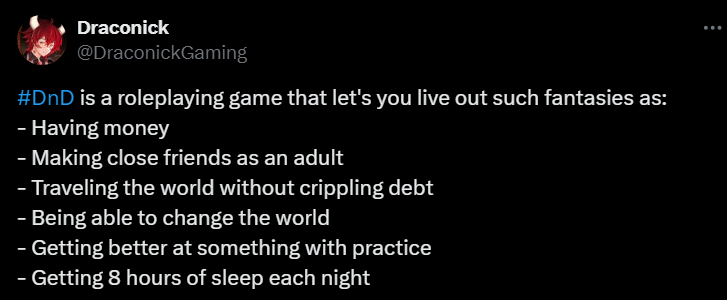
Basically, anything you can think of can happen in the fantasy world of D&D… if the Dungeon Master will allow it, of course.
Dungeons and Demons
D&D was originally designed by Gary Gygax and Dave Arneson, and was published for the first time in 1974 by Tactical Studies Rules. It was the first of its kind, and even if many other similar role-playing games emerged over time, D&D retains its monopoly. But it hasn’t always been this popular.
It is no secret that the game is full of monsters and demonic creatures, such as Stranger Things’ demogorgon, which is even scarier as represented in the handbook.
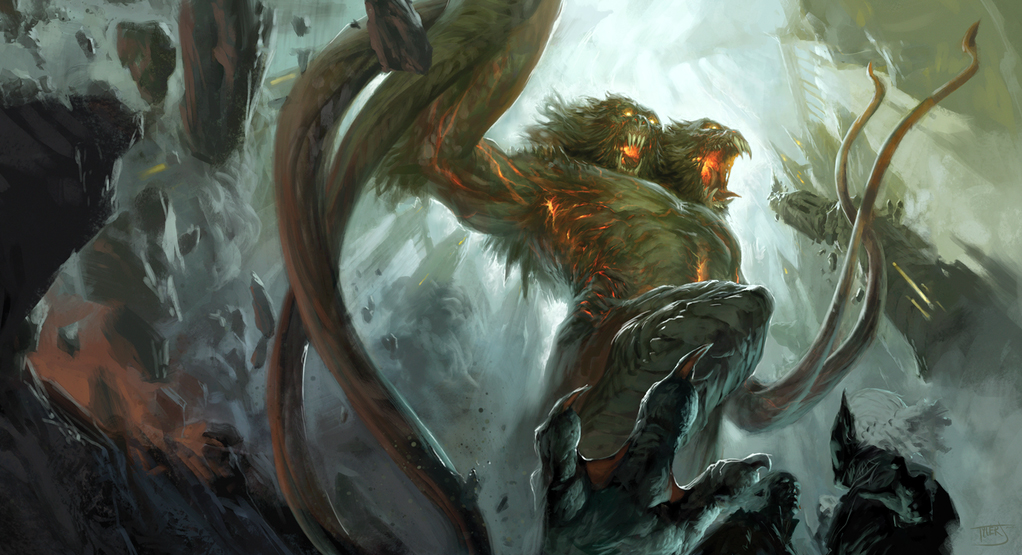
In the 80s, fundamentalist religious groups viewed the game as a threat. Worried mums all over the world denounced and assaulted D&D, accusing it of corrupting young minds. And there were certain events that corroborated this phenomenon.
As reported by the BBC, in 1979, a young 16-year-old child prodigy, James Dallas Egbert III, disappeared from his room at Michigan State University. His parents hired a private investigator to find their son. He believed that D&D was the cause of Egbert’s disappearance, even if the boy was not really into the game. In reality, Egbert suffered from depression and drug addiction, and had hid in the college tunnels during an episode of self-harm. The boy later shot himself in 1980. Despite all the evidence of his mental health problems, some activists still believed Egbert’s suicide was caused by D&D.
Something similar happened a couple of years later, in 1982. A high school student, Irving Lee Pulling, died after shooting himself in the chest. His mother, Patricia Pulling, was firmly convinced that the suicide was caused by the D&D campaign run by his school principal. Utterly deluded, she believed that the curse the principal – as the Dungeon Master – casted upon his son’s character in-game was real. And she was so sure about it that she even sued him and the publisher of the game. In her words, D&D was “a fantasy role-playing game which uses demonology, witchcraft, voodoo, murder, rape, blasphemy, suicide, assassination, insanity, sex perversion, homosexuality, prostitution, satanic type rituals, gambling, barbarism, cannibalism, sadism, desecration, demon summoning, necromantics, divination and other teachings”.
The TV show Young Sheldon accurately represents this phenomenon. Our beloved Sheldon Cooper, then just a kid, had just approached the world of role-playing, and started playing his first D&D campaigns. When Mary, his extremely religious mother, found out, she became increasingly worried. In the show, the tone is very lighthearted, since it is a comedy, and no-one else seems to share Mary’s concerns.
D&D… Beyond
Usually D&D players meet in cafes, pubs or at the Dungeon Master’s house to play. Nowadays there’s plenty of places where people can sit and play games for free, with the requirement of ordering something to eat or to drink. The mood there is so chill that these are generally the chosen places to embark on a new campaign with your D&D party.
But, even if this world sounds fascinating, many people don’t know how to approach it. Maybe they live in a small town and none of the places mentioned above are available. Or maybe they are just shy and don’t want to walk up to a table and ask to play. It can also happen that the players are scattered across the world and can’t physically meet up.
Well, this is certainly not a problem. D&D can be conveniently played online on different platforms, such as Roll20, Tableplop and so on. There are also websites that help beginners build a character sheet, like D&D Beyond, which guides you step by step into the basics of the game.
Playing in person is much more immersive, but if that’s not an option, online playing is a good alternative.
Tag
Buy a ☕ for Hypercritic







